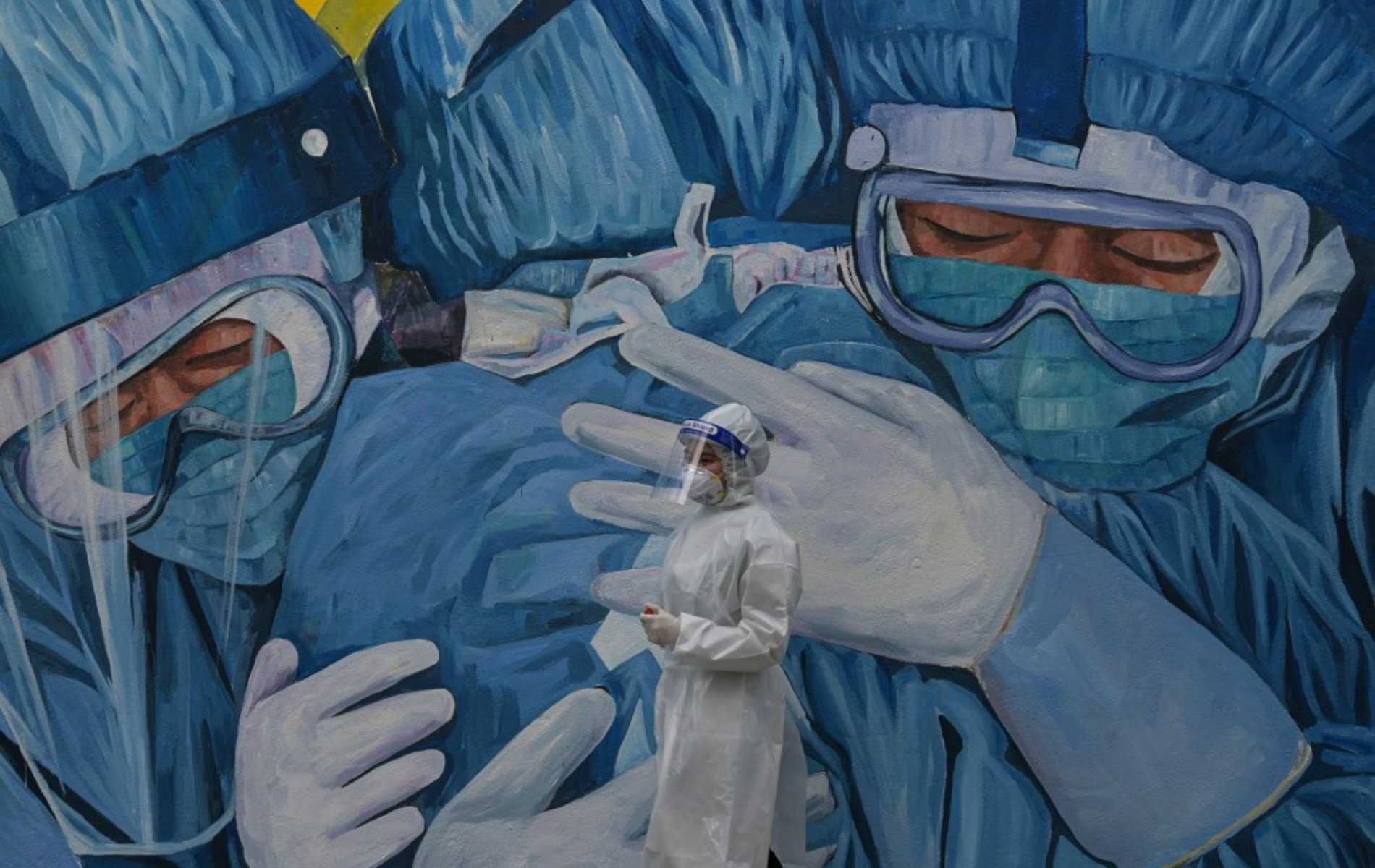The infectious diseases expert and WHO Science Council member shares her biggest takeaways from this pandemic, her ever-growing to-do list and what keeps her grounded in times of crisis
In a cool and calm voice, Professor Dato' Dr Adeeba Kamarulzaman recounts the realities of managing around 400 Covid-19 patients at Universiti Malaya Medical Centre, where she chairs a Covid-19 taskforce together with the hospital director. Ten per cent of these cases are in intensive care, she said in a Zoom interview in July.
More than just an insider in the healthcare community's race against the Covid-19 pandemic, Adeeba is a prominent infectious diseases expert and a highly respected voice, both locally and internationally, for her work in HIV/AIDS research and advocacy. In 2007, she established Malaysia's own dedicated HIV research centre, the Centre of Excellence for Research in AIDS (CERiA), and she is currently the chairman of the Malaysian AIDS Foundation.
See also: Dr Amalina Bakri: Lessons From The Covid-19 Frontline
The former dean of University of Malaya's Faculty of Medicine (the first female to hold that position in the institution's history), Adeeba is also the first Asian to serve as president of the International AIDS Society (IAS). In April 2021, she was appointed a member of the World Health Organisation's (WHO) Science Council, a select group that advises on scientific and technological advances impacting public health globally.
Related: Award-Winning Malaysian Scientist Dr Serena Nik-Zainal On Breaking The Glass Ceiling
Adeeba shares her experiences and observations on Malaysia's battle with Covid-19 and the role we all can play in overcoming it.





